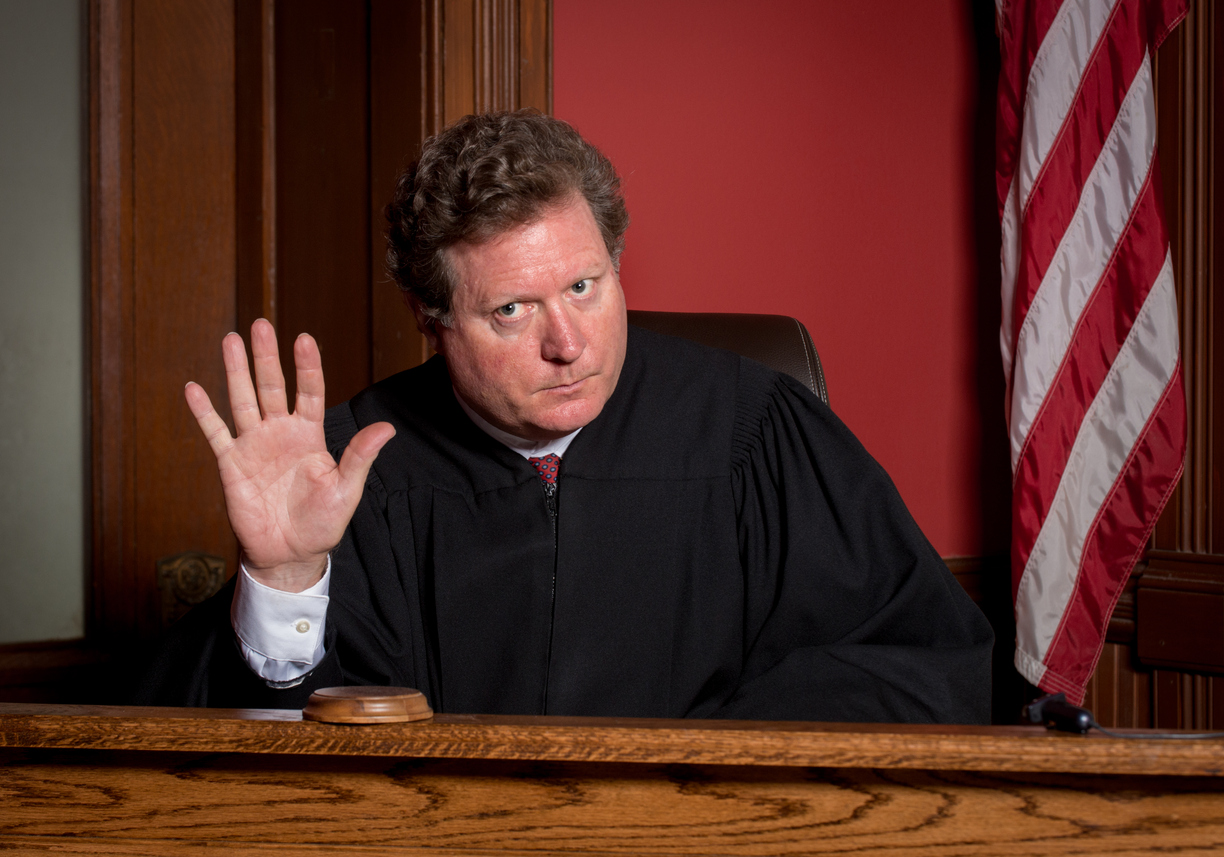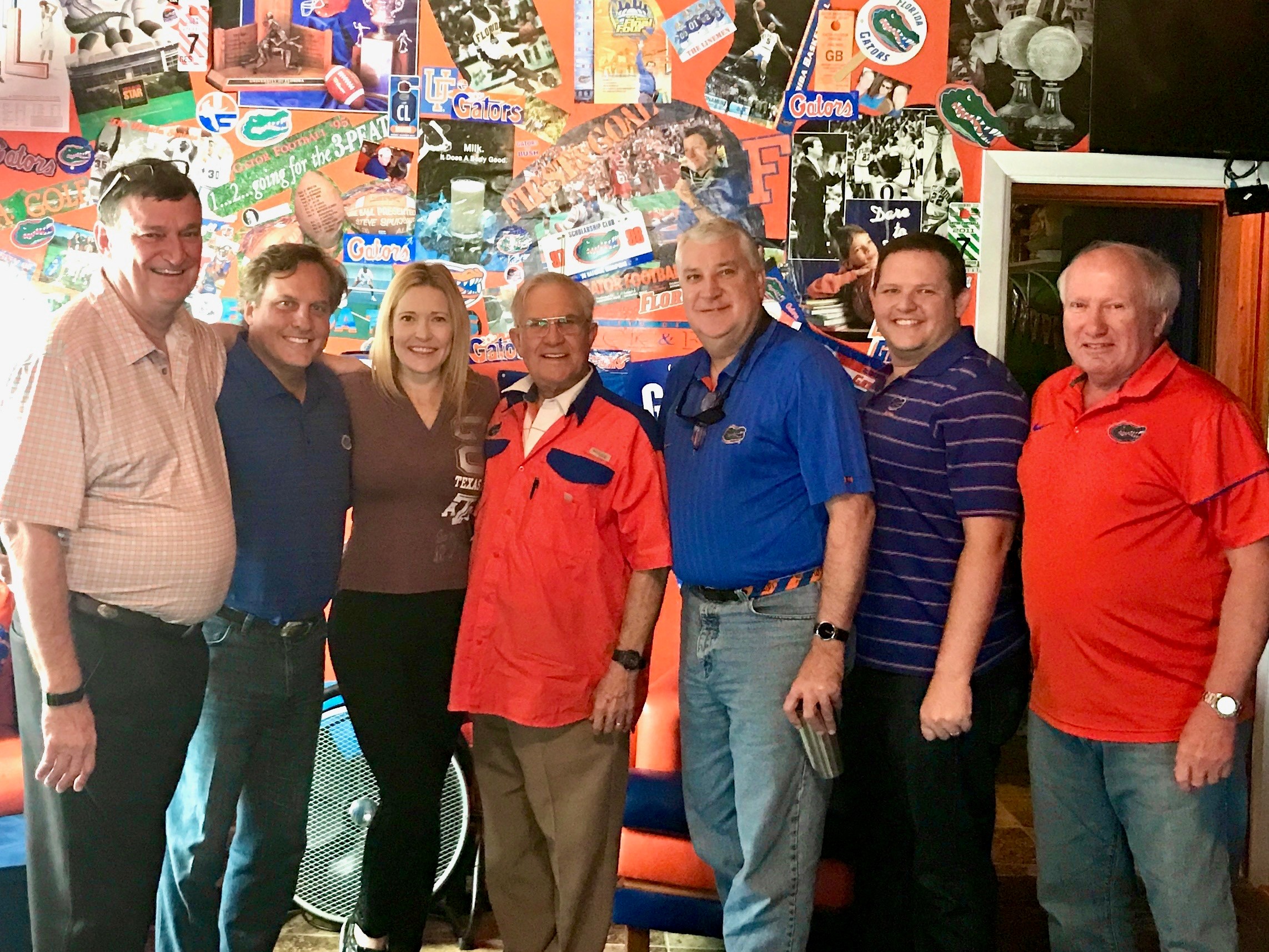Kelly and Craig Kubiak successfully presented a case to a jury this week involving a dispute with a long time USAA policyholder following a denial of her property insurance claim. The $245,000 jury verdict came after lengthy and contentious litigation with USAA. The opposing counsel and his law firm are one of the most successful in Florida. The most USAA ever offered in settlement to our client was fifty thousand dollars, so our client was thrilled and in tears following the jury’s verdict.
I am thrilled as well. Our firm spent over sixty thousand dollars in costs for experts, deposition costs of USAA’s experts, deposition transcripts, and trial exhibits. All of it plus our time was on the line pending the outcome of the trial. Without spending the money to properly prepare and present the case, we certainly would have lost. I am fairly certain that USAA spent a considerable sum above that for its able attorneys and their costs. Its pockets are a lot deeper than ours because it can use its own customers’ premiums to finance litigation against them.
Craig Kubiak has tried approximately ninety cases to a jury verdict. I asked him what he felt was a significant deciding factor in the case. He claimed it was the credibility of the insurance company experts at trial. Sinkholes involve very complex geological concepts. Unfortunately in Florida, they are not rare. However, the distress sinkholes place on structures mimics a number of other geologic and subsurface activities which manifest in cracks or downward subsidence. Without precise and thorough investigation, much sinkhole damage to structures can improperly be attributed to a number of causes excluded under most property insurance policies. Indeed, except for Florida statutes mandating the sinkhole coverage, insurance policies generally exclude this cause of loss.
Craig felt that the pre-trial depositions taken by his wife Kelly lead to a number of flaws and admissions by the insurance company experts. Apparently, some of the soil borings taken by USAA sinkhole experts were discarded before we could have our experts review them. We felt this was improper and tried to exclude the experts’ opinions, but the trial court did not rule with us on the spoliation of evidence issue. We were surprised by this trial ruling. Indeed, the destruction of evidence certainly prevented us from fully questioning the basis for their findings. In the future and as a result of this case, it is my understanding that USAA will require its experts to retain the physical evidence gathered to support their experts’ opinions.
Craig also said the opposing counsel was one of the finest and most effective trial attorneys he has faced. Most insurance counsel are pretty good at trial or they would not be hired by insurance companies on a repetitive basis. Craig and I discussed how it must feel to represent insurance companies on such a basis and if there is joy in a sense of winning for an insurance company. The biggest litigation machines in America are insurance companies and they are savvy at legal representation. We are aware of a number of insurance defense counsel who pour their hearts out, win at trial, and then get rewarded with a fight about the amount of the legal bill or having other less skilled competitors ready to take over an account for cheaper fees.
Under Florida law, we are now allowed to request interest on the amount owed since the time of the denial. We will also ask for taxable costs and an award of reasonable attorneys fees. Had we not prevailed, USAA had filed an Offer of Judgment against its policyholder which it threatened to enforce. Such an action by USAA would have effectively bankrupted its customer merely for filing an insurance claim with USAA and challenging USAA in court. I mention this because, while many USAA customers think USAA is such a nice and good company typically catering to the military, it has a litigation history which can only be described as quite harsh with their member policyholders. The Mississippi Katrina litigation is such an example where USAA has tried nearly as many cases as State Farm, despite having a much smaller market share. Slabbed reported on one such a case in Judge Bridges: the negligence was not “gross.” Still, there are many insurers with a much more “difficult” claims culture than USAA and I feel the Katrina litigation was an aberration for the typical claims decision making for USAA.
Trials are important for society. Lessons are learned from them. Future litigation and controversies can be avoided from the lessons, if applied. I am certain that our mid-fifty year old single mother of two is relieved that she is not facing bankruptcy. Whatever USAA pays in judgment of the verdict and ancillary amounts owed has no such impact upon it. USAA executives and claims managers probably are not worried about any accountability for their wrong decision. I doubt they regret anything.



